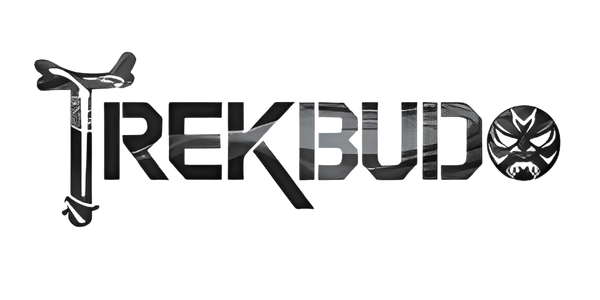What weight counts in ultralight backpacking base weight?
Table of Contents
Introduction
Let’s be honest—“base weight” sounds like something you'd hear from a drill sergeant or a calorie-counting app. But in the backpacking world, it’s way more exciting (and debatably more stressful). I used to just guess mine—until I realized I’d packed three backup socks and a hammock I never used. Oops. Let’s clear the air on what actually counts.
What Counts as Base Weight?
Your base weight is everything in your backpack—excluding food, water, and fuel. That’s it. Pretty simple, right? Not really. Base weight includes your pack, tent, sleeping system, packed clothes, cooking gear, first aid, tools—basically anything that doesn’t get eaten, burned, or worn on your body while hiking.
- Included: backpack, sleeping bag, pad, tent, packed clothing, stove, water filter, headlamp, first aid kit, etc.
- Excluded: food, water, fuel (they’re called consumables); plus clothes and items you’re wearing (boots, hat, watch, etc).
Still confused? If you can eat it, drink it, or burn it for fuel, it’s not base weight. If it lives in your pack from day one to last day, it is.
Ultralight & Other Weight Categories
Here’s how ultralight nerds like me (lovingly, of course) define their packs:
- Ultralight: Base weight under 10 lb (4.5 kg). A sweet spot for comfort, speed, and not smelling terrible from sweat.
- Lightweight: Base weight between 10–20 lb. Still solid, and probably includes a little extra comfort gear.
- Super-Ultralight: Under 5 lb. Reserved for gear freaks, masochists, and people who sleep in cuben fiber burritos.
Anything above 20 lb? That’s getting into traditional territory—nothing wrong with it, but don’t expect your knees to be thrilled after mile 12.
And while the ultralight threshold sounds like gospel, remember: no award awaits you at camp for hitting 9.99 lb. Just aim for balance between weight, comfort, and safety. That’s the real flex.
Why It Matters
Why care about all this? Because it affects everything from your endurance to how much you enjoy the trip. Lighter base weight = more fun, less cursing on uphills. Here’s what a lighter base weight gives you:
- Less fatigue: Your legs won’t feel like noodles by lunch.
- More speed: Cruising more miles each day = more time to enjoy epic views (or eat snacks).
- More flexibility: Changing weather or trail conditions are easier to handle with energy left in the tank.
But don’t go full gram-counting gremlin. Sacrificing safety for ounces can turn a great trip into a dumb story. Trust me—I once ditched a rain layer to hit a base weight goal. Two hours later? Soaked, shivering, regretting life choices. Don’t be that hiker.
Conclusion
Your base weight is your gear loadout minus consumables and what you wear. It's not a bragging stat—it’s a tool to make your backpacking life easier, faster, and more fun. Stay practical, stay smart, and maybe lose the backup spork collection. And if you're about to reweigh your kit for the fourth time this week... congrats, you're one of us now.
Want to level up? Grab the Faith Can Move Mountains Hiking Shirt and hit the trail like you mean it. It’s comfy, durable, and cooler than whatever I wore last trip.




